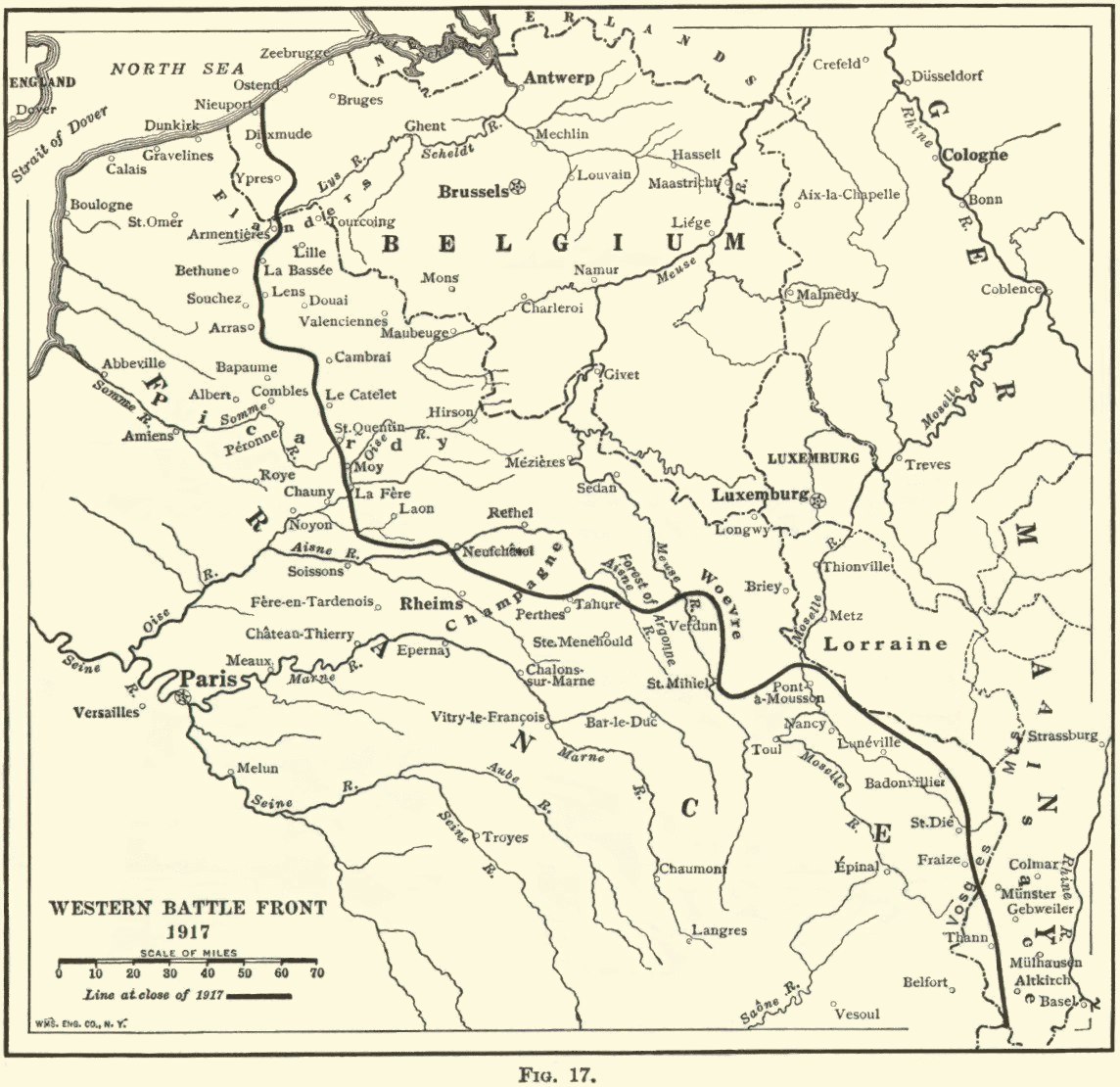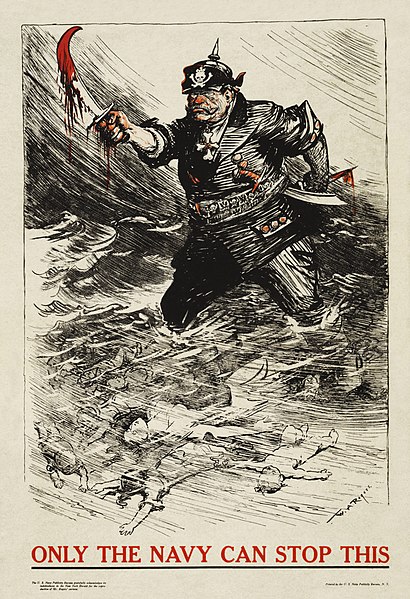Making Historical Thinking Visible for English Learner Students
Posted on

Written by Nicholas Catechis, Senior Program Associate in WestEd’s Quality Teaching for English Learners (QTEL) project.
Imagine being an English learner student, sitting in a high school U.S. History classroom where World War I is being introduced and you are trying to make sense of the lesson while also learning the language. You may wonder: Who are the Allied Powers? Who are the Central Powers? What is militarism? Why are they going to war?
Now, try to imagine being the history teacher in the same classroom asking yourself: How can I best explain this event in history so that all students including my English learners understand the context, events, and impacts of World War I? How can I bring to life an event that occurred over a century ago? How can I have my students engage in authentic discussion around the topic?
These tough questions come up in many social studies classrooms and are important to consider for all students. But they are especially relevant when working with English learners because these students are not only learning the concepts associated with a historical event, they are also learning the language connected to the concepts and the language linked with the skills needed to make sense of the topic.
Social studies is a conceptually dense and abstract field of studies where teachers often struggle to provide their students with opportunities to develop ways of thinking, inquiring, and critically approaching ideas as historians do. One approach to help teachers make their lessons more accessible to English learner students is integrating the use of carefully selected multimodal texts such as historical maps and photographs into the design of their lessons. Here are some examples.
Contextualizing the era, event, or topic
In the social studies classroom, we often deal with eras and events from a very long time ago, so students can have difficulties visualizing the topic of study. Including a multimodal text such as a photograph can often lead to a better understanding of how the world and people looked during that historical era. For example, this photograph depicting soldiers from World War I provides a visualization of the soldiers’ uniforms, weapons, and living conditions on the front.
New Zealand World War 1 machine gun post on the Somme, near Mailly-Maillet, France, 31 March, 1918. Individual soldiers unidentified. Photograph by Henry Armytage Sanders. Alexander Turnbull Library.
Amplifying comprehension of primary and secondary sources
Primary and secondary sources can often be challenging for students because of the written text and frequently used archaic terms. Including a multimodal text such as a historical map with rich visual cues can amplify students’ comprehension of the source and also lead to generating hypotheses on their own. For example, this map provides information on the positioning and movement of troops along the Western Front during World War I and can aid comprehension of a textbook excerpt about troop movements and locations or a soldier’s journal entry.
 Western Front, 1918. The Geography of the Great War by Frank M. McMurry, Ph.D. New York. The Macmillan Co. 1919
Western Front, 1918. The Geography of the Great War by Frank M. McMurry, Ph.D. New York. The Macmillan Co. 1919
Sustaining quality student interactions
Structuring opportunities for students to engage in quality and sustained interactions, where they engage in rigorous back and forth discussions about a historical topic is often a challenge. Making use of conflicting and contradictory multimodal texts such as political cartoons and propaganda posters can afford students enough dissonance for them to engage in authentic discussions on a topic. For example, propaganda posters related to World War I offer students different perspectives on how each side depicted the other. See an example below.

A WWI Recruitment poster, using a New York Herald cartoon. Source: Library of Congress. By W.A. Rogers, New York Herald.
For more information on making historical thinking visible for English learner students and the use of multimodal texts in social studies classrooms:
- Read my and Pia Castilleja’s chapter, Mapping a Changing World View: Designing Learning Experiences for English Learners in Social Studies, in Amplifying the Curriculum: Designing Quality Learning Opportunities for English Learners, edited by Aída Walqui and George C. Bunch.
- Contact us to learn how we can bring professional learning for social studies teachers to your site or district.

